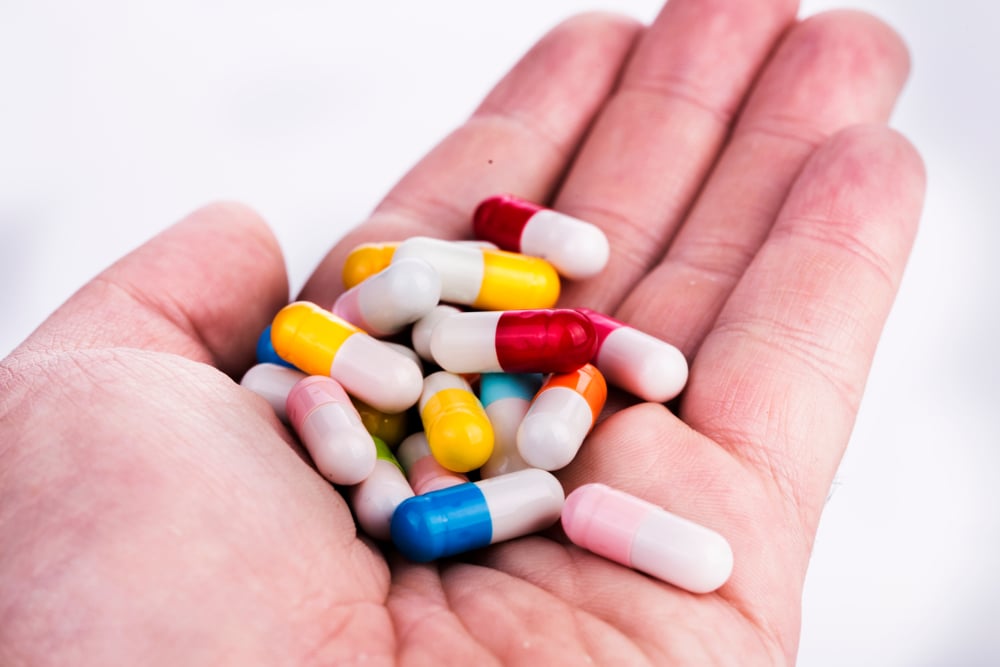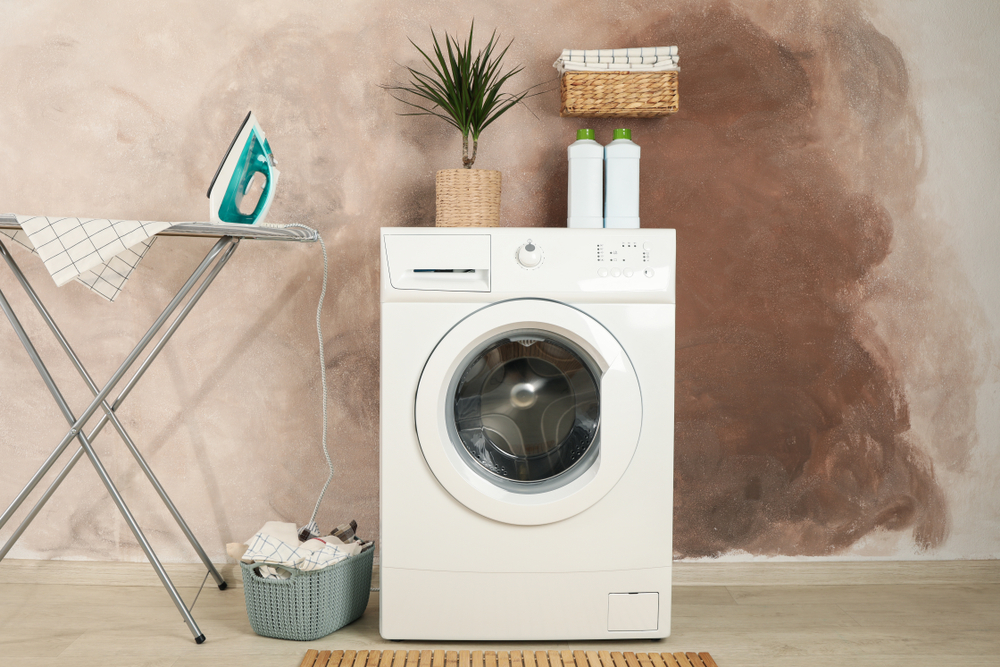Due to the coronavirus, many people are placing an increased focus on sanitization in the home. While washing our hands and clothes regularly is a great way to sanitize our household there may be other ways that bacteria and germs sneak into our homes. One way that most people are unaware of is the washing machine. How often do you clean your washing machine?
If you answered never, then you are like the majority of people who assume there is no need to wash a washing machine. We admit at first glance it does seem silly. There are detergents and powders being put in our washing machine every cycle, surely that is taking care of everything. A new study suggests not.
The realization was made at a children’s hospital in Germany. Bacteria were found on the children’s clothes and it was a mystery where it was coming from. Staff was washing their hands correctly, sheets and clothing were being changed regularly, yet this bacteria remained. After some investigation, it was discovered that the point of weakness was the washing machine. The hospital had installed consumer grade washing machines instead of the usual industrial washing machines that are found in hospitals.
Consumer-grade washing machines are efficient. They save energy in a household by washing at cool or warm temperatures and have short spin cycles. While this is enough to remove stains and keep your clothes smelling fresh, it can leave bacteria behind.
Most of these bacteria are completely safe and that is why all of us are not getting very sick all of the time. However, at a time when a virus is spreading throughout the country and people are on high alert, the washing machine deserves more attention. How much attention it needs depends on the type of washes you are doing and the people in your household.
If you are all young, fit, and healthy people and the washes being put on are likely uncontaminated (e.g. the sheets of someone who doesn’t have coronavirus) then you have little reason to worry. If you have someone in your household who is at risk then you should wash your clothes at a higher than normal temperature to increase the chances of killing off any bacteria. Similarly, if you are doing a wash of clothes that have been in contact with people who have coronavirus or have any bodily fluids on them, it is another reason to give a hot wash.
The other measure you can take is how you dry your clothes. The dryer is another breathing point for bacteria. If you can, dry your clothes outside in the sun as the sun is a great killer of bacteria. The other step that most of us should take is to clean our washing machines. If you take a cloth that has at least a 10% bleach solution and wipe down all the seals of your washing machine particularly behind the rubber seals, you will likely kill off any nasty bacteria that have been dwelling there. Be especially careful if you have your washing machine in the shed or basement as these dark, damp environments are hotspots for bacteria growth as well.
It appears then that most of us are safe with our current washing machines. On some occasions, you should use a hot wash based on the people in your home or the things you are washing but overall an occasional deep clean of your machine will do just fine. At this time as we are being extra vigilant with sanitization in the home, it is no harm to do a little extra in the house to ensure you have a healthy home environment.












